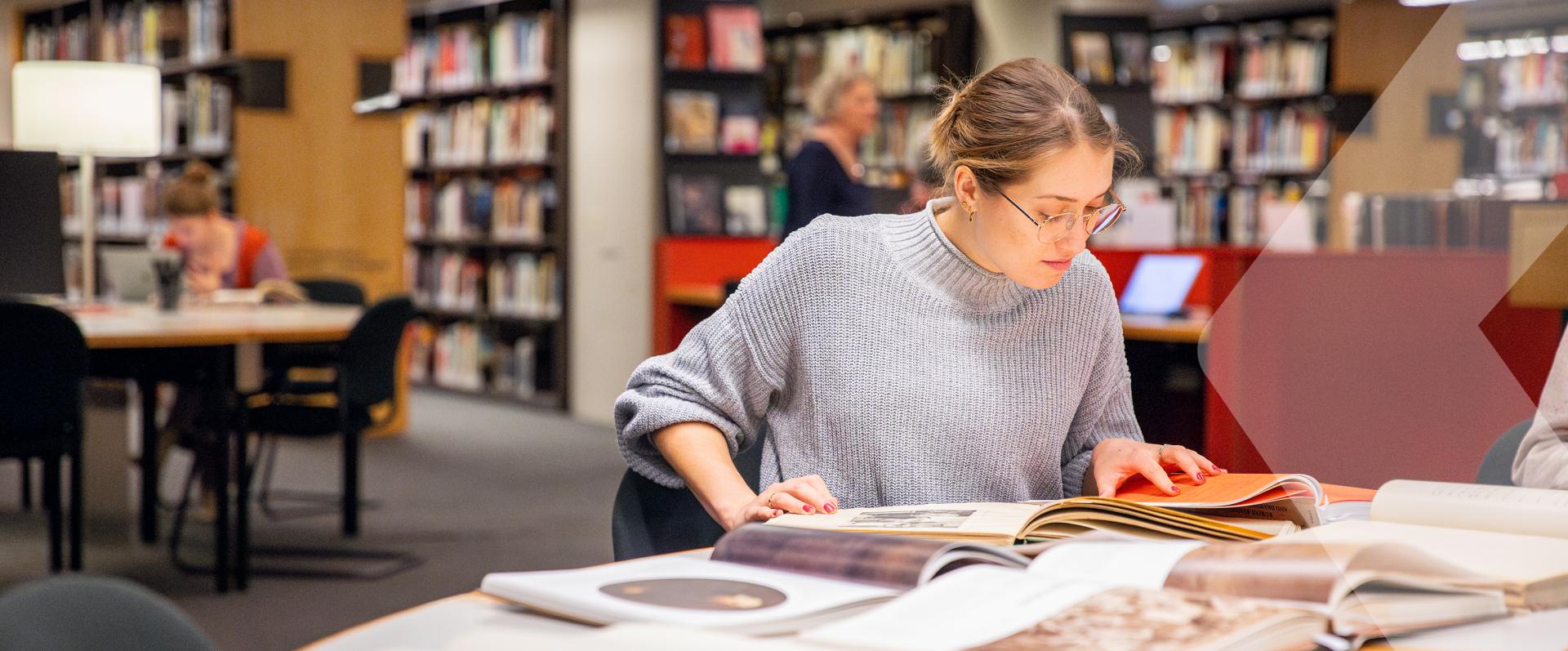Copyright

Works on the website and in the RKD collection (such as images and texts) may still be subject to copyright. If a work is still in copyright, you are only permitted to make or order a printout, copy or scan which is for your personal use.
You are not allowed to distribute or republish the work, on paper or digitally by way of, for instance, the Internet. For any form of distribution of republication, both non-commercial as well as commercial, on paper or in digital form, prior consent of the entitled party is required. For more information on who that might involve, please see below.
Clients of the RKD are personally responsible for seeing to the proper arrangement of rights relating to the distribution or republication of material from the collection. You will indemnify the RKD against the consequences of any possible claim resulting from distribution or republication. For more information, please see Image request.
Entitled parties
Copyright on works of art
Images of artworks of which the creator is still living or has died no longer than 70 years ago cannot be reproduced without permission of the artist or his/her heirs/legal representatives. In cases where this applies you are to contact either the artist personally or his or her heirs/legal representatives, or Pictoright, which represents the rights of a great number of artists. The RKD does not mediate.
Copyright on photographs
With photographs of three dimensional artworks or photos which depict a three dimensional image as well as with photographs that are intended as works of art, reproduction is not allowed without permission of the photographer or his/her heirs/legal representatives. With regard to photographs you should also take into account that copyright law applies until 70 years after the photographer has died. For addresses of photographers and photography agencies you can contact Stichting Burafo. Photos of two-dimensional works of art may be legally protected.
Right of publicity: portrait rights
For portraits which were commissioned, permission for the first publication is required from the person portrayed or his/her heirs for a period of 10 years after his/her death. If more than one person is included in a portrait, permission of all those portrayed is required. If the portrait was not commissioned, there has to be a reasonable interest which prevents the portrait from being made public. The right to first publication of the person portrayed ceases when the portrait has previously been legally brought onto the market, for example, if it has already been legally published on the website of an organization. The creator of a portrait has the right of publicity of that portrait. Images of a portrait of which the artist is still alive or died no more than 70 years ago, cannot be reproduced without his/her permission. The RKD does not mediate.
In cases where this applies you are to personally contact either the artist or his or her heirs/legal representatives, or Pictoright, which represents the rights of a great number of artists.
Copyright on archives
With regard to archives, copyright is valid for a period of 70 years after the death of the author. After the author’s death copyright passes to the author’s heirs or legal representatives, if it has not previously been passed to another party. To archives of which the author is unknown a protection period applies of 70 years after publication of the archive in question. If an anonymous archive has not been made public, then a period of 70 years after realization of the archive will be assumed. Archives which were published posthumously but prior to 1995 shall only enter the public domain after 70 years. If copyright applies, images or quotations from archives cannot be reproduced without permission of the authors of the archive(s) in question or his/her heirs/legal representatives. In cases where this applies you are to personally contact the person or persons involved.
In cases where archives mention persons still living who can be connected with identifiable others, it should be noted that the legal position of the former is governed by the (Implementation law) General Data Protection Regulation (GDPR).
Copyright on books and magazines
Copyright applies to texts until 70 years after the death of the author. In the case of a text being published editorially – so without naming the author – this is 70 years after publication. Some publications may have several copyright claims attached to them, for example, in the case of a magazine in which numerous authors have works published. In connection with the varying ages of the individual authors, different articles in one and the same magazine may have varying protection periods.
More information
More information about copyright can be found on the website www.auteursrecht.nl (in Dutch).